Use of ready mix concrete - advice
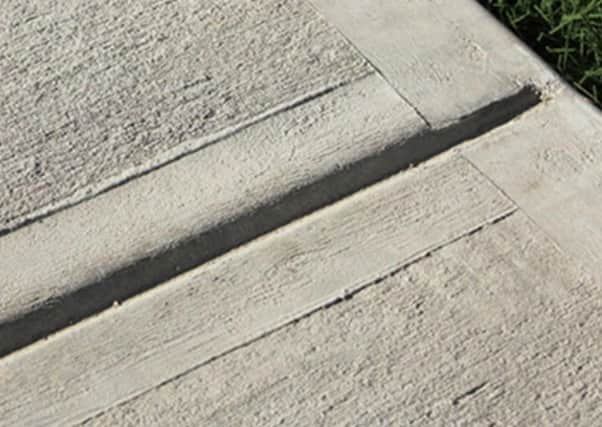

Failure to do so can result in either aesthetic or structural cracks in the concrete.
There are a few quick steps customers can take to reduce the likelihood of cracking:
WEATHER & TEMPERATURE:
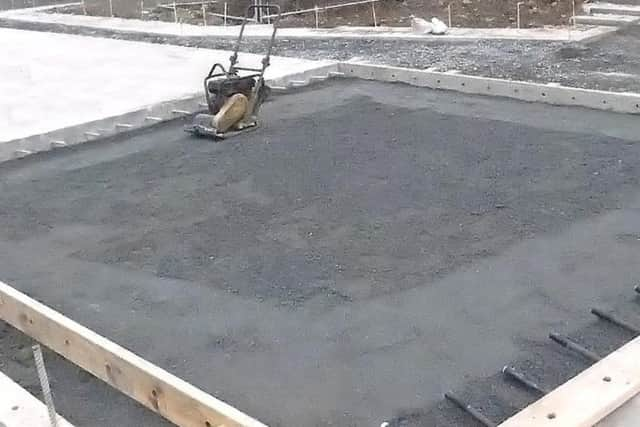

Advertisement
Advertisement
Be mindful of the weather before pouring concrete. Conditions such as rainfall, high temperatures and wind can greatly increase the likelihood of cracking in concrete.
Advice - Try to only pour concrete in good weather while avoiding high temperatures, heavy rain and high winds. If concrete must go ahead, try to take steps to reduce impacts, such as protecting from rain and windbreaks etc.
GROUNDWORK:
Ensure the ground below is hard and well compacted. Ground that is likely to move or subside can cause cracking. Stone and earth below that is too dry can take moisture from concrete and also lead to cracking.
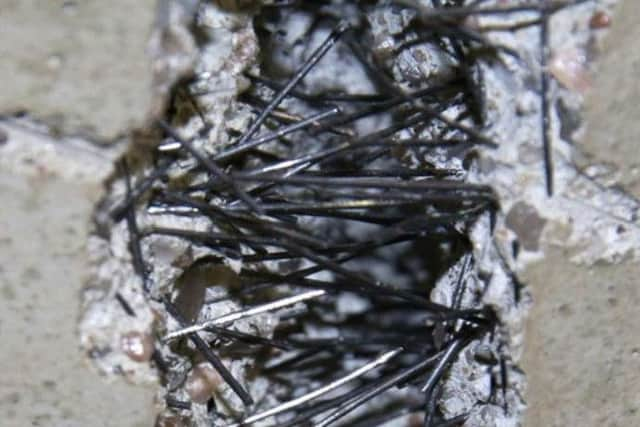

Advice - Ensure ground below is well compacted by using rollers and wacker plates etc. Ensure that if the ground below is dry, that it has been thoroughly soaked with water before concreting.
USE OF FIBRES
Advertisement
Advertisement
Fibres in concrete can greatly reduce the likelihood of early cracking.
Advice - Consult with your concrete supplier about the use of fibres before commencing works, especially in “flat works” lanes, yards and floors etc.
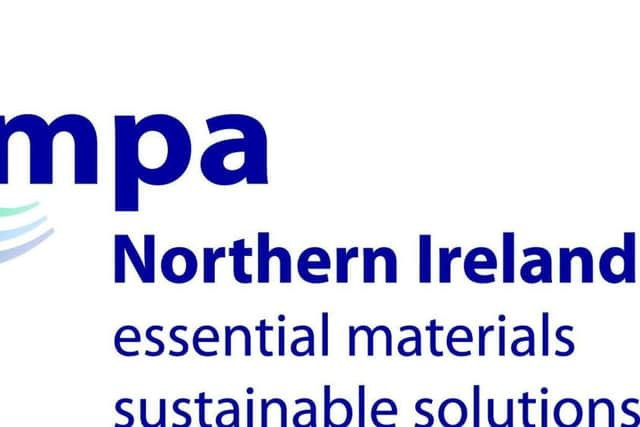

CORRECT PLACEMENTS OF JOINTS
Large areas of concrete laid without joints will almost always crack.
Advice - Ensure proper placement of joints has been planned before pouring begins. Joints can be put in during pouring or can be saw cut shortly after concrete has gone off.
GOOD CURING
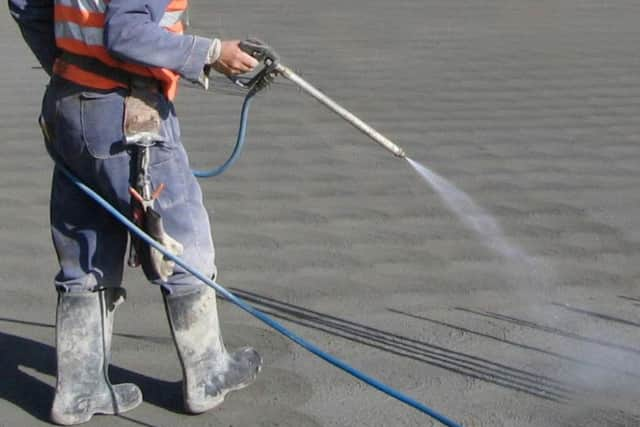

Advertisement
Advertisement
Concrete takes 28 days to reach its full strength. It’s in this time the concrete is most likely to crack. Protecting the top surface of the concrete will allow moisture to leave gradually in this time which is key to prevent cracking.
Advice - Think about the method of curing before starting to pour concrete. There are different ways to cure concrete, such as spraying a liquid compound or by covering in hessian sheets etc.
Note
The MPANI is the principal trade association for the quarrying and quarry products industry in Northern Ireland affiliated to the Minerals Products Association (MPA) in the UK. Members of the MPANI produce over 90% of the Northern Ireland’s primary aggregates, as well as the major proportion of other construction materials such as asphalt, ready mixed concrete, recycled and secondary aggregates, lime and silica sand.
For further information contact them on 02890824078 or email [email protected] or write to them at MPANI, Unit 10, Nutts Corner Business Park, Dundrod Road, Crumlin, BT29 4SR.